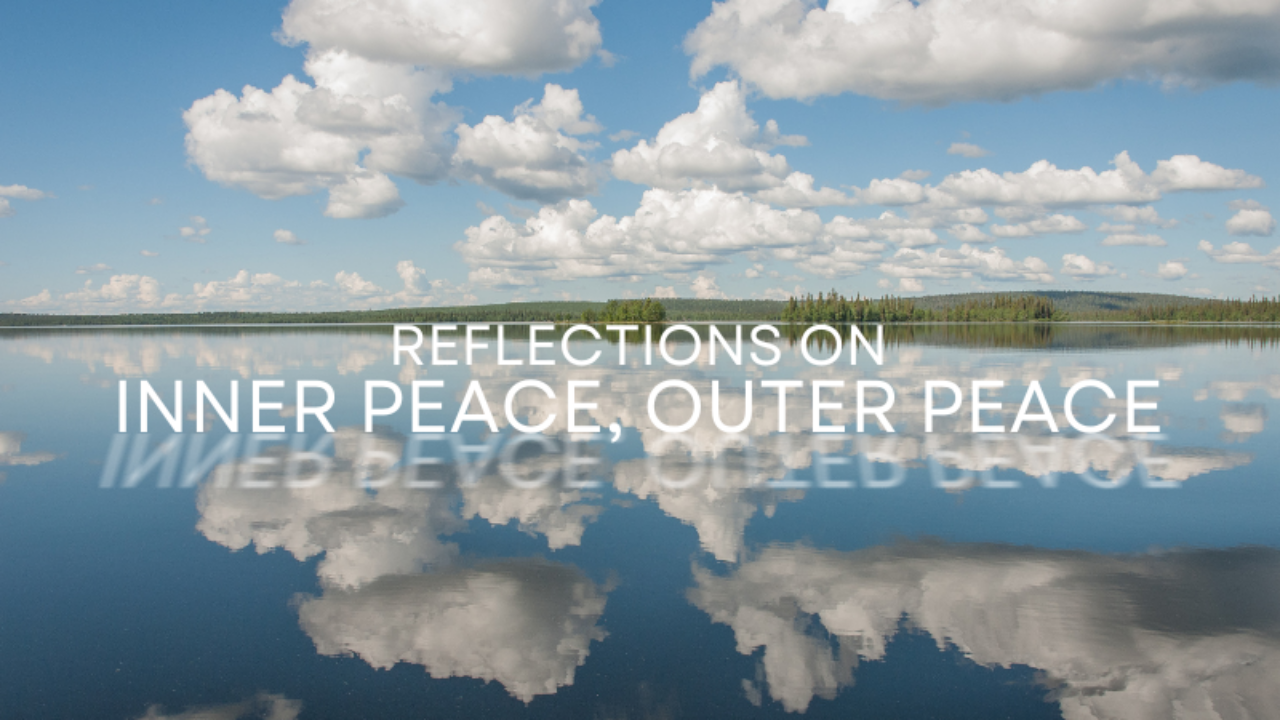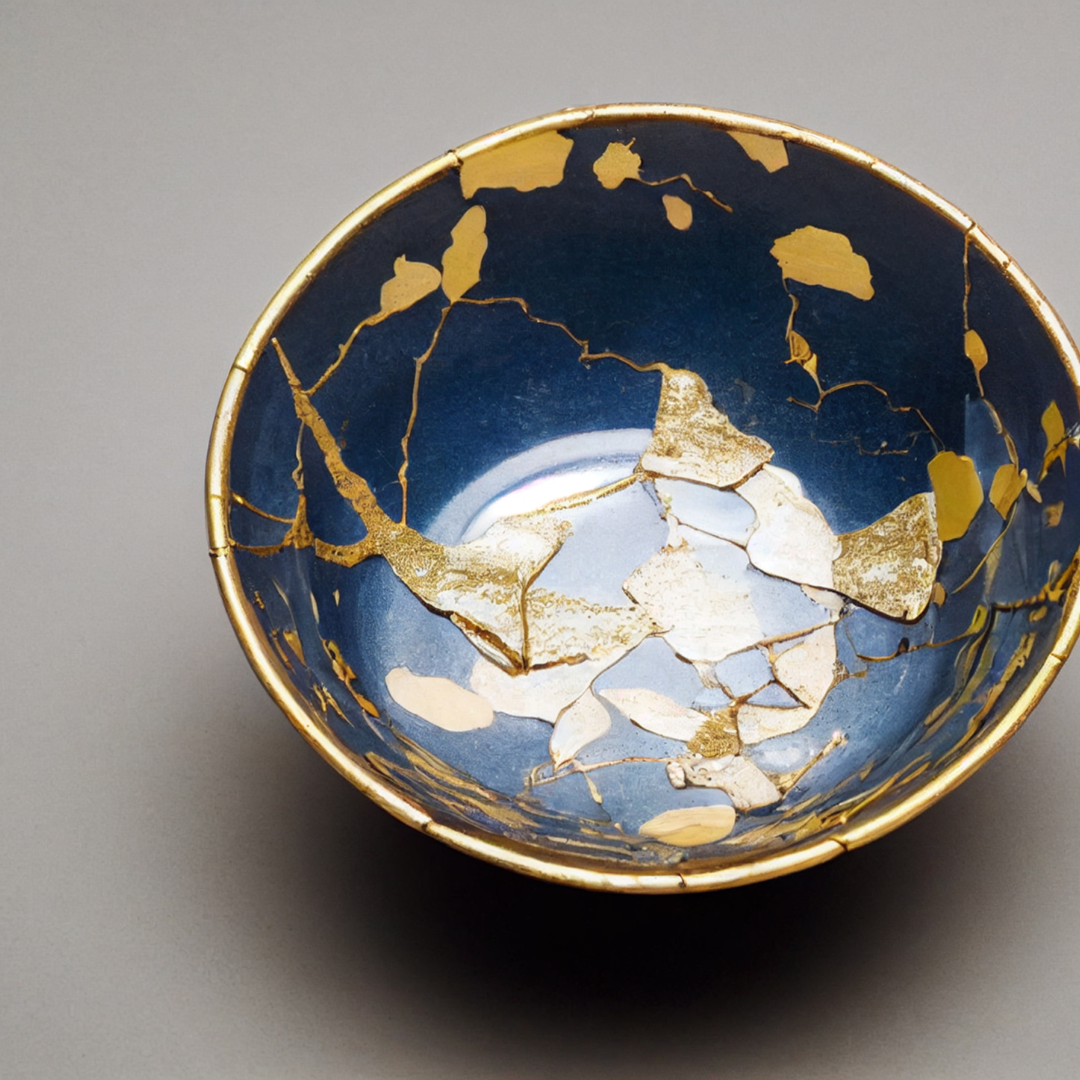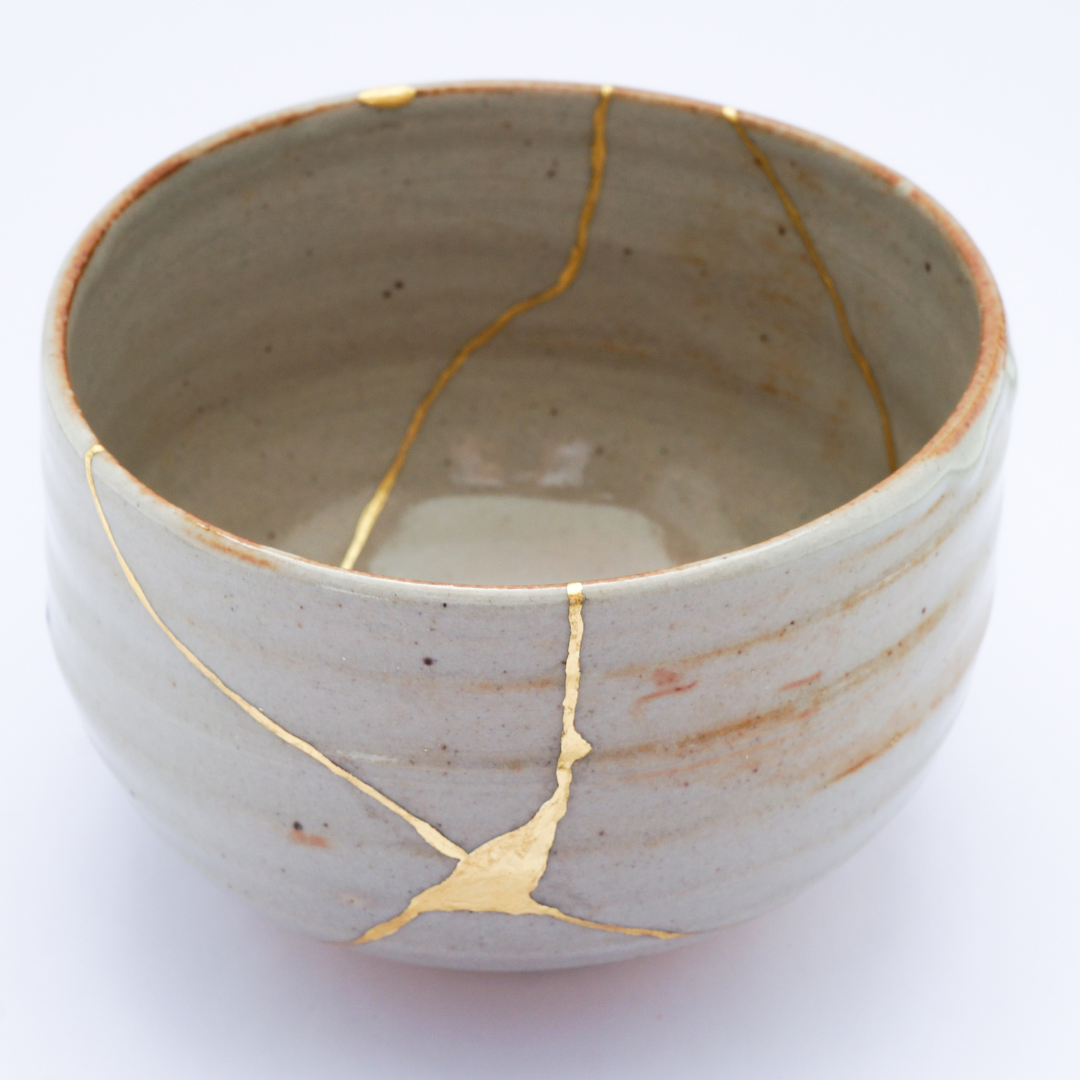8 Tips for a Mindful Apology
Feb 14, 2023
I hope we all know by now that the phrase “Love means never having to say you’re sorry,” popularized by the 1970 film Love Story, is both untrue and unhelpful. Being human, we all make mistakes. When we truly care about people, we can help them suffer less when we acknowledge and express regret for the mistakes that may have hurt them. This Valentine’s Day, I want to share an important part of relationship care and cultivation: a healthy apology.
There’s another adage, “always choose love over being right.” This gets at the first hurdle to accountability and apology, which is ego. A healthy ego is resilient and flexible. A fragile ego believes that in order to survive or be good we have to always be right.
Many people have a hard time apologizing because of shame. We may think saying sorry means “I am a terrible person.” It doesn’t. In fact, saying or believing “I am a terrible person” undermines the apology—because an apology is not about the person who has made an error. An apology is a recognition of the person who was hurt or harmed in some way, seeing them and their hurt, and saying that we care about and regret their hardship.
I find the best apologies come when the apologizer is grounded in their own worth and goodness, but recognizes that they have made an error—as we all do at times. Without a healthy ego, or sense of our own goodness, we’re likely to end up being defensive or collapsing in shame, neither of which helps the injured party. Apologies that are self-flagellating and self-blaming don’t actually make the receiver feel any better most of the time.
Why do any of us need an apology? The need is usually for the other person to see, recognize and care for the part of us that feels hurt or harmed, and to know that they care enough not to hurt us, or at least try not to. Expressing compassion and regret for the harm we cause—even unintentionally—is a balm that can actually strengthen bonds. Besides being grounded in our own worth, the other crucial element for a healthy apology is being connected to our love, care, and compassion for the other person.
So what is the anatomy of an apology? All situations are different, so my recommendations here may or may not be appropriate for the situation you find yourself in. I offer these in the hope that you may find it helpful, in at least some if not many situations:
- It’s best to find a time when both people are available, not multitasking, and able to be fully present for the conversation.
- Before the conversation, which could be potentially fraught or triggering, it may be helpful for both people to breathe together for a minute or more, or possibly take a walk together.
- You can start by inviting the other person to share what’s on their heart, and listen fully, attentively, and compassionately.
- If you notice yourself getting triggered, or feel that you are slipping from being grounded in your own worth and goodness, you may need to ask for a pause so that you can breathe and come back to center, and so that you can show up better for the other person.
- It is usually best to refrain from explanations of why you did the thing that felt hurtful, unless it is asked for or you ask if the other person would like to know. Unsolicited explanations may dilute the apology/ recognition of impact for the other person. However, keeping it in your own heart may help you to remember that you were coming from good intentions.
- A satisfying apology recognizes and acknowledges the impact on and feelings of the other person. Rather than assume you understand this fully, it may help to invite the person to share any other feelings or impacts you may have missed the first time.
- It is then helpful to express what Thich Nhat Hanh calls “beneficial regret,” and ask what the other person needs or what you can now do to make amends. There may be a process of negotiation around this.
- If you have your own feelings of upset, anger, or hurt, it’s important to recognize, acknowledge and hold these feelings for yourself with compassion, and not ignore or suppress them. However, it would most often be wise to make a separate time to talk about those feelings, as both people trying to get an apology at the same time can be very hard, and end up with no one feeling heard or understood.
Mistakes and apologies are difficult and inevitable parts of any relationship, but when practiced skillfully, mindfully, and lovingly, can also end up strengthening our love and trust. Like the Japanese art of kintsugi, in which broken ceramics are mended with gold—the product is even more beautiful than its original whole.


Get Personalized Health Guidance
Looking to improve your wellbeing? Reach out to schedule an appointment for tailored health advice and to start getting relief soon.
Book Now